
Don't ask AI first, research and think for yourself to get the answer first.
The younger generation (Gen Z and Gen Alpha) is growing up with AI chatbots, a magical tool that can answer any question in a snap. This convenience is a huge step forward, but it also has the potential to silently erode the independent thinking ability of young people.
One-dimensional thinking from AI
Critical thinking is not the ability to memorize information, but the ability to ask questions, evaluate, compare and build your own arguments based on evidence. However, AI chatbots have eliminated most of this process. When faced with a difficult question or a complex exercise, the first reflex of many young people is no longer to research or brainstorm, but: "Ask AI!".
AI provides perfectly synthesized, summarized, and presented answers. Receiving this “processed” information eliminates the need for young users to confront the raw information themselves, compare conflicting sources, or sift through data. The brain becomes accustomed to consuming the final product, rather than participating in the process of knowledge production.
AI answers are always confident, fluent and seem trustworthy. This creates an “illusion of accuracy”, making it easy for young people to accept that information without asking “Is this information correct? Where did it come from? Are there other perspectives?”. This lack of necessary skepticism is the biggest “enemy” of critical thinking.
Decreased analytical skills
In the traditional learning process, when a student has to write a 5,000-word essay, they are forced to perform many complex thinking operations, from dividing the topic, making a logical outline, searching and analyzing dozens of different documents, to connecting them into a unified whole.
AI chatbots can generate drafts, outlines, or even complete articles. Young people only need to make minor edits. This leads to cognitive offloading, or delegating complex thinking tasks to machines. If people keep doing this, they will gradually lose the ability to do those deep thinking tasks themselves.
As a result, without delving into research and analyzing the details themselves, young people's understanding will only stop at the surface, based on AI's summary points, making it difficult to achieve a deep and multi-dimensional understanding of an issue.
Impact on learning methods
Long-term dependence on AI can lead to a psychological state known as “academic helplessness.” If AI is constantly used to solve every academic problem, young people will develop the belief that they cannot solve complex tasks on their own.
Without AI tools, or when faced with a real, novel problem that AI cannot solve immediately, they easily feel lost, confused and give up. This directly threatens their self-reliance, perseverance and ability to adapt to challenges that have no ready-made answers in their future careers and lives.
AI chatbots are undoubtedly powerful tools. However, if not educated to use them consciously, they will become an intellectual crutch, weakening the critical thinking ability of the younger generation. It is important to teach young people to see AI as a partner to refine their ideas, not a solver to do their thinking for them.
Source: https://tuoitre.vn/khi-ai-bien-gioi-tre-thanh-the-he-biet-tuot-nhung-khong-biet-nghi-20251110210804508.htm





![[Photo] Prime Minister Pham Minh Chinh receives Lao Minister of Labor and Welfare Phosay Sayasone](https://vphoto.vietnam.vn/thumb/1200x675/vietnam/resource/IMAGE/2025/11/11/1762872028311_dsc-2246-jpg.webp)













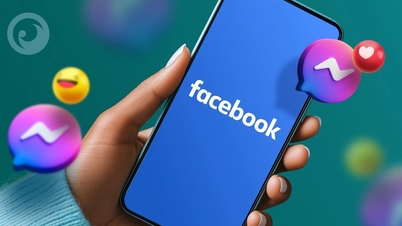


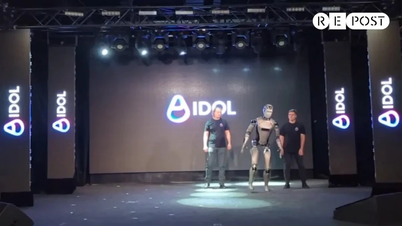

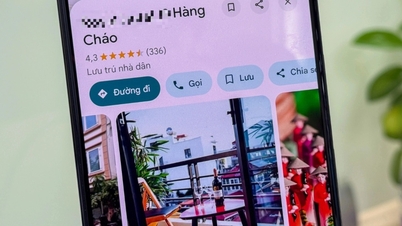
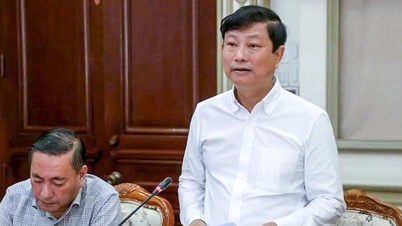





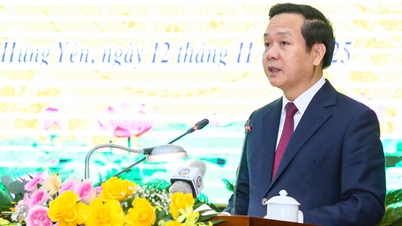
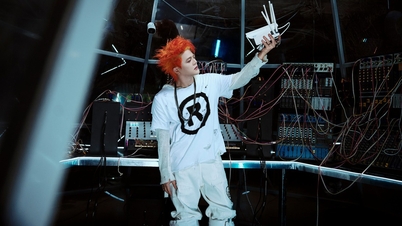
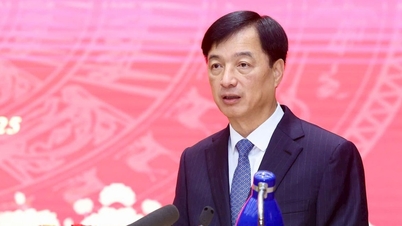

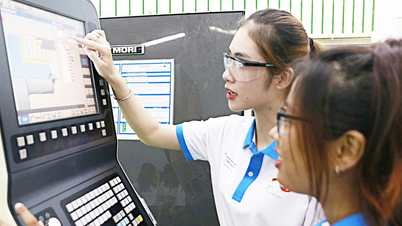


































































![Dong Nai OCOP transition: [Article 3] Linking tourism with OCOP product consumption](https://vphoto.vietnam.vn/thumb/402x226/vietnam/resource/IMAGE/2025/11/10/1762739199309_1324-2740-7_n-162543_981.jpeg)








Comment (0)